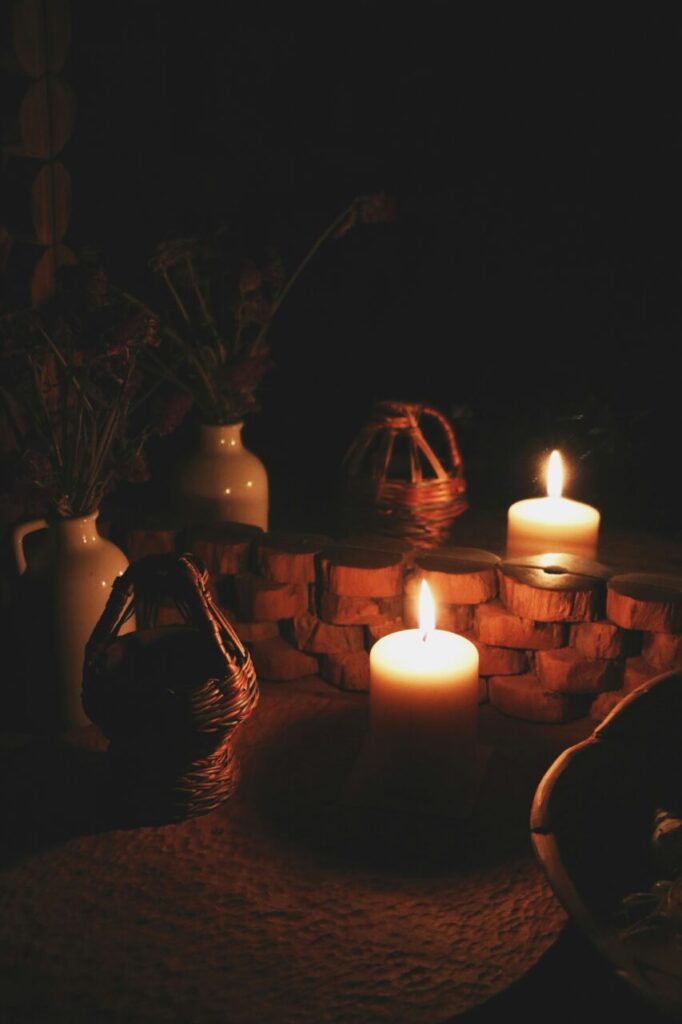Electrical accidents tend to spike during the summer months, due to a combination of skyrocketing demand from air conditioning, volatile summer thunderstorms, and outdoor mishaps that may involve swimming pools or alcohol.
Safety aside, there are other good reasons to avoid summertime electrical accidents— like protecting your home’s value. While there are a lot of things you can skip fixing before selling your house, the electrical system definitely isn’t one of them. While you could likely offload it to a company that buys houses for cash, you’ll potentially leave thousands of dollars on the table, compared to what you could’ve gotten in a conventional sale. Still, overhauling your electrical system before listing will take time and could cost you a significant amount of money.
The most sensible strategy is to protect your home’s electrical system — and your family’s well-being — by following some basic safety strategies this summer.
Water and Electricity Don’t Mix
Many summertime electrical hazards come from the intersection of water and power. Don’t use valuable personal electronics like phones, tablets, or laptops in your pool or hot tub unless you can afford to lose them; if you drop them into the water, they could be damaged. (Small electronic items probably don’t represent any serious safety hazard, though.)
But make sure all power cords and extension cords are at least ten feet clear of areas that get wet. Never use a corded electrical item in a pool or hot tub, and never string a power cord over water. If you have outdoor outlets that are anywhere near water, make sure they have secure, waterproof outlet covers on them.
You can also install a ground fault circuit interrupter (GFCI), a safety measure that automatically shuts off an electrical circuit when it detects a potentially dangerous ground fault caused by moisture. You may already have GFCI protection in place, as the National Electrical Code (NEC) requires GFCI protection in all receptacles and equipment within a certain distance of a swimming pool.
Keep kids’ toys away from power lines
If you’re having a party for the kids this summer, make sure you secure all helium-filled balloons so they become entangled in power lines. Some types of metal or foil-covered balloons are very conductive, and can easily cause a major outage if they contact power lines.
All helium-inflated balloons should be weighted or tied down so they can’t float away. When you’re done, puncture them and place them in the trash; don’t just release them into the sky. The helium will eventually dissipate and, when they descend back to Earth, they could get caught in power lines miles away.
Keep fireworks away from power lines and stations
If you’re shooting off fireworks for the Fourth of July or other summer events (in places where they’re legal), keep them well clear of power lines and power substations. If your fireworks contact or damage power lines or electrical equipment in your neighborhood, stay as far away as possible and contact your local utility company to alert them.
If you see downed power lines, stay clear
Downed power lines can be common in the summer storm season. If you see any, assume they’re fully energized and very dangerous and notify your utility provider. Never approach or try to handle downed power lines.
Understand extension cords
Extension cords can be a temporary convenience when you need to extend your access to power, but they do come with some risks. Never use an indoor extension cord outside, as they have no resistance to water or extreme weather. An untimely rainstorm could quickly turn them into a fire hazard, and high air temperatures could make them prone to overheating. Invest in some high-quality outdoor extension cords that are appropriate for the conditions, and you’ll never have to worry about outages or hazards.
Also, keep in mind that extension cords function best with devices that don’t use a lot of power. These include lights or small electronics. Using them for large, power-intensive items like appliances or air conditioners could overload the cord and lead to a power outage.
Consider an inspection
An electrical inspection every three to five years can reassure you that your home’s electrical system is in good working order. An inspection can find problems like faulty circuits or worn wiring before they become hazards, and can potentially save you from a lot of inconvenience and expense down the line.
Electrical inspections are especially important if you’re selling a home in Texas or another state that has seen power grid issues in the past. Buyers want to be assured that the home they’re buying can handle routine power demands, and isn’t going to melt down.
Be prepared for the worst case scenario
Power outages often aren’t your fault. High summer demand can lead to brownouts or even blackouts, so it’s best to be prepared if you find yourself without power for a few hours (or even days).
Stock up on candles, lighters, and matches for light, flashlights and batteries, and some ready-to-eat food items. You might also want to put together a kit of items to help pass the time, with items like books, playing cards, or other analog entertainment.
If power outages are a frequent occurrence for you, you may want to consider getting a generator to kick in when your local grid goes down.
5 Ways to Preserve Food Without Electricity
Diagnosing Electrical Issues as a Homeowner: What to Look for and When to Call in a Professional


